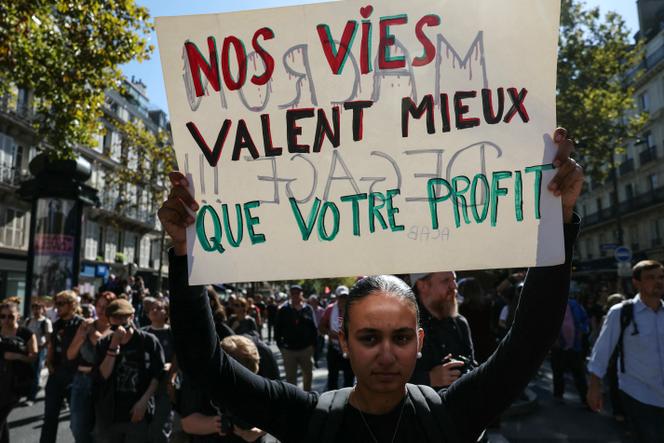While young people are angrier than their elders, they do not blame them directly.
Debates over pensions, combined with current economic and budgetary difficulties, are reviving the specter of a generational war in France. The presumed sides in this conflict are well-known: on one side, the baby boomers, born between 1945 and 1960, who are said to have benefited from an unprecedented period of economic growth. On the other side, working-age adults and Generation Z, who are thought to harbor resentment towards older generations seen as overly privileged and unconcerned about the sustainability of an endangered model of intergenerational solidarity. Data from the thirteenth edition of the “French Fractures” survey, while highlighting areas of potential conflict, do not currently point to a full-scale war.
When faced with the statement that “some believe that older generations had better living conditions and should therefore contribute more to supporting the young,” a quarter of retirees agree with this observation, 42% are “neither in agreement nor disagreement,” and one-third disagree with the statement. Thus, there is neither massive rejection nor widespread agreement. Among working-age adults, 44% agree with the statement, which is less than half. Unsurprisingly, the rate is highest among 18-24 year olds (53%).
